1. “Bless your heart”

In most of the South, “bless your heart” can be a cutting, passive-aggressive way to call someone naive or foolish—while technically sounding polite. It’s a linguistic sugarcoat, often used when the speaker wants to soften an insult. However, in states like Kentucky or Texas, it can genuinely be meant with warmth and sympathy. The difference hinges entirely on tone, context, and who’s saying it.
A sweet drawl paired with a frown? That’s probably genuine. A sweet drawl paired with a smirk? You’ve just been lightly roasted. This double meaning makes it a minefield for outsiders who only know the “kind” version. In the wrong context, you might think you’ve made a friend when you’ve actually been dismissed.
2. “I’m fixing to”
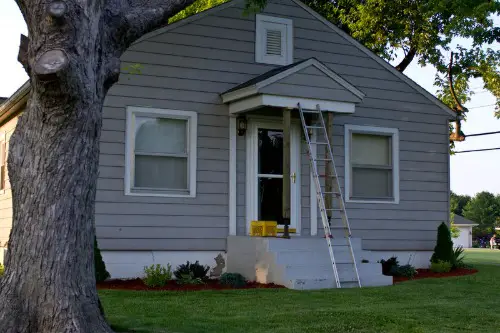
In Texas, Georgia, and other Southern states, “I’m fixing to” simply means “I’m about to” or “I’m planning on.” It’s not about tools, repairs, or anything mechanical—it’s just a casual preface for future action. In much of the North or West, however, it’s taken literally, as in, “I’m repairing something.” That can lead to some confused follow-up questions.
The Southern figurative version comes from older English usage of “fix” meaning “to prepare.” Over time, it got tacked onto daily speech, even when there was no preparation involved. In a place like Ohio, saying “I’m fixing to leave” could make someone wonder what’s broken about your departure. In Alabama, though, nobody would bat an eye.
3. “The city”
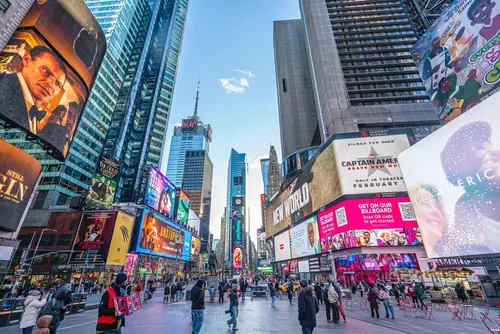
In New York State, “the city” means one thing and one thing only: New York City. You could be in Albany or Buffalo, and everyone will know exactly which metropolis you’re referencing. In California, “the city” almost always means San Francisco—no clarification needed. And in Illinois, it’s usually shorthand for Chicago.
The meaning comes from regional dominance; these cities are cultural, economic, and population hubs that overshadow others. But if you use “the city” in, say, Kansas, people might just stare at you blankly. In less urban-centered states, it could mean the nearest downtown, even if it’s a small one. So “the city” is a term that really depends on which skyline you’re picturing.
4. “Y’all”

In the South, “y’all” is the plural form of “you,” covering any group regardless of size or gender. It’s efficient and inclusive—two syllables, no ambiguity. In some Northeastern states, however, it can be heard as overly casual, affected, or even mocking if used by a non-local. Context and accent make the difference between fitting in and sounding like you’re play-acting Southern charm.
Interestingly, “y’all” isn’t just for informal speech in the South; you’ll hear it in business meetings and classrooms. In contrast, if you say “y’all” in Boston, you might get teased about your “country” vocabulary. The perception gap comes from how the term spread historically—it’s rooted in Southern dialect, so outside the region it feels borrowed. This is one where the meaning stays the same, but the social tone flips.
5. “Pop”
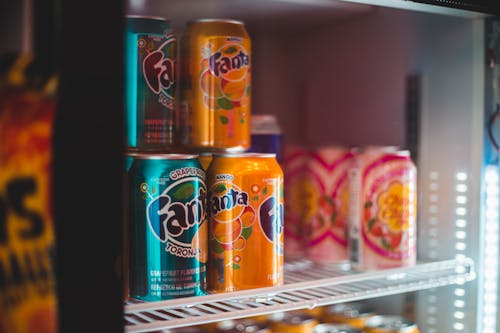
In Minnesota, North Dakota, and much of the Midwest, “pop” is the normal term for a carbonated soft drink. Ask for a “pop” in Minneapolis, and you’ll get a Coke, Pepsi, or something similar without hesitation. In the South, “pop” might get you a puzzled look, since “Coke” is the generic term for all soda. On the West Coast, “soda” is far more common, making “pop” sound quaint or old-fashioned.
Because “pop” has such regional loyalty, using it outside its territory can make you sound like an out-of-towner instantly. It’s not offensive—just a verbal badge of origin. The confusion mostly comes when people think you’re referring to a small explosion or your dad. So yes, in some states, ordering “pop” could briefly turn you into a linguistic tourist.
6. “Dinner”
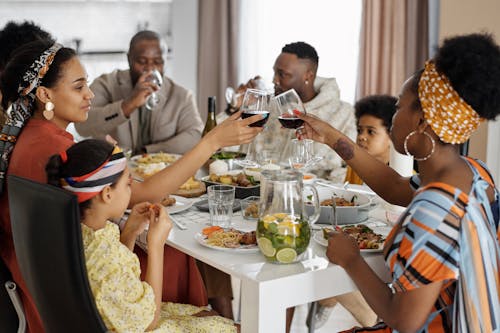
In parts of the Midwest and South, “dinner” still means the midday meal, especially in rural communities. “Supper” is the term used for the evening meal in these areas. In most of the U.S., however, “dinner” has shifted to mean the main evening meal. This can cause major scheduling misunderstandings.
If you’re in Indiana farm country and someone invites you to “Sunday dinner,” they probably mean around noon. But in California, “Sunday dinner” almost always means 6 or 7 p.m. The shift in meaning reflects older farming traditions versus modern work schedules. It’s a reminder that mealtime language evolves with lifestyle.
7. “Barbecue”

In Texas and much of the South, “barbecue” is both a cooking method and a specific type of smoked meat. It’s slow-cooked over wood, often for hours, and has a deep regional pride attached. In much of the North, “barbecue” just means cooking food outdoors on a grill, no smoking required. That difference can lead to crushed expectations.
Tell a Texan you “barbecued” hamburgers and you might get a polite correction—or a lecture on brisket. In Michigan, though, no one will blink at that phrasing. The term’s meaning comes down to whether it’s tied to a culinary tradition or just the setting. Either way, it’s a word with serious cultural weight.
8. “Couple-three”
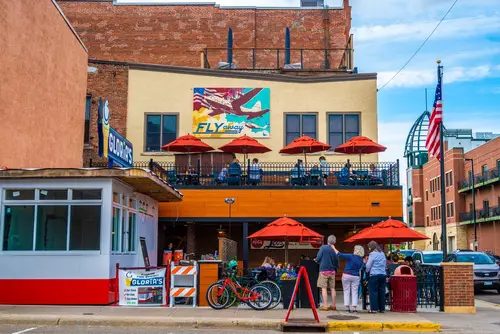
In Wisconsin and Minnesota, “couple-three” is a casual way to mean “a few” or “two or three.” It’s a holdover from Scandinavian-influenced speech patterns in the region. Outside those states, it can sound nonsensical or like you can’t make up your mind. To locals, though, it’s perfectly normal.
It’s a blending of “a couple of” and “three,” used loosely rather than literally. In Texas, saying “couple-three days” might get you a confused look or a “which is it?” response. But in Milwaukee, it’s just conversational shorthand. The phrase survives because it’s baked into regional rhythm and doesn’t raise eyebrows at home.
9. “Snow day”
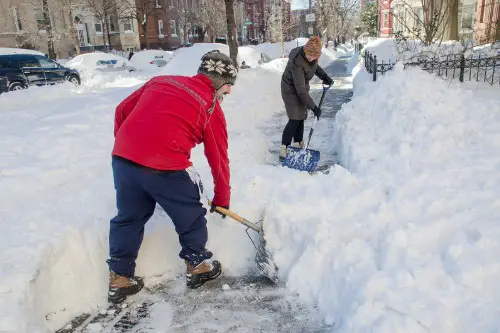
In Minnesota, Michigan, and other snowy states, a “snow day” means schools and workplaces close due to heavy snow. The threshold for that is high—several inches and dangerous road conditions. In states like Georgia or South Carolina, however, a “snow day” might be declared for just a light dusting. That contrast can be a source of amusement (or disbelief) for Northerners.
The difference comes from infrastructure and preparedness. States with heavy snow have plows, salt trucks, and residents who can drive in it. In warmer states, snow is rare enough to cause major disruption with even a little accumulation. So the phrase means either “life grinds to a halt” or “we can handle it,” depending on where you are.
10. “The shore”

In New Jersey, “the shore” means the Jersey Shore—Atlantic beaches, boardwalks, and the culture that comes with them. In Delaware or parts of Maryland, it can mean the Eastern Shore along the Chesapeake Bay. In California, though, people rarely say “shore” at all—they’ll say “beach” instead. That means the term can sound oddly formal or specific outside its home turf.
Because coastal areas have their own identities, “the shore” is as much a cultural reference as a geographical one. In New Jersey, saying “going to the shore” needs no explanation. In Oregon, it could mean any stretch of coastline, with no pop-culture baggage. The regional pride in the phrase makes it almost a brand name in certain states.
11. “Hot dish”
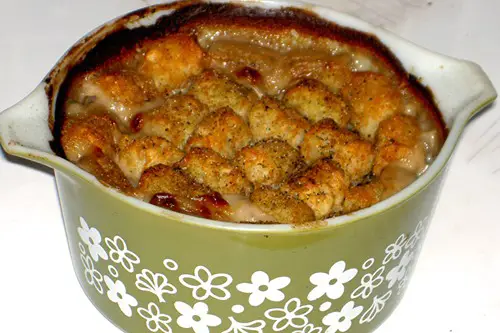
In Minnesota and parts of North Dakota, “hot dish” is the standard term for a baked casserole, often with a starch, meat, and canned soup. It’s a beloved potluck staple with strong ties to Midwestern hospitality. Outside the region, “hot dish” sounds vague—anything served warm could qualify. That makes it a term that’s precise in one place and broad everywhere else.
The name stuck because it was functional for church gatherings and community events—simple, hearty, and easy to share. In New York, you’d just call it a casserole and move on. But in Minnesota, “hot dish” has nostalgia built into it. It’s a reminder that even basic food terms can have regional borders.
12. “Supper club”
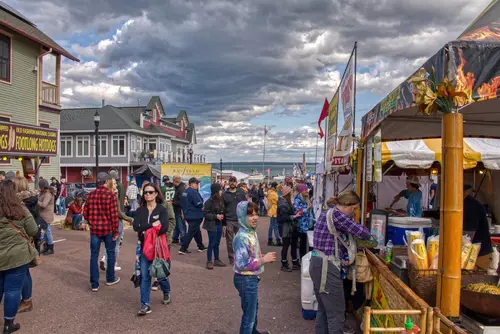
In Wisconsin, a “supper club” is a restaurant—often family-owned—that serves a full meal with a leisurely, social vibe, sometimes including cocktails and live music. It’s an experience, not a members-only venue. In New York or California, though, “supper club” might be interpreted as a private dining club or ticketed event. The mismatch can be confusing for travelers.
The Wisconsin tradition comes from mid-20th-century dining culture, blending affordability with a touch of elegance. Outside the Midwest, the phrase sounds upscale or exclusive. In reality, it’s often just a cozy place for prime rib and an Old Fashioned. It’s one more example of how place changes meaning without changing words.
This post 12 Phrases That Mean the Opposite Depending on What State You’re In was first published on American Charm.


